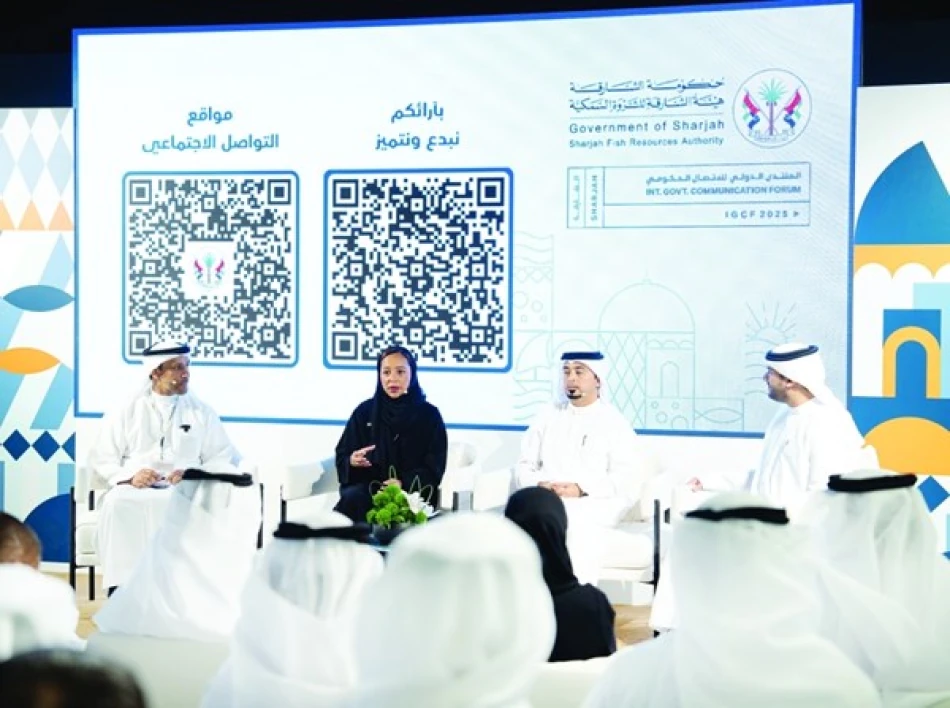
Tackling Climate Change: Empowering Food Security and Sustainability through Innovative Initiatives
UAE Transforms Desert Challenge Into Food Security Opportunity Through Vertical Farming Revolution
The UAE has successfully converted its harsh desert climate from an agricultural liability into a strategic advantage, leveraging cutting-edge vertical farming technology that reduces water consumption by over 90% while bypassing extreme heat challenges. This transformation positions the Emirates as a global leader in sustainable food security innovation, with some of the world's largest and most advanced vertical farms now operating within its borders.
Youth Empowerment Drives Agricultural Innovation
At the latest International Government Communication Forum in Sharjah, UAE's Ministry of Climate Change and Environment outlined its comprehensive strategy for achieving sustainable national food security. Dr. Mohammed Salman Al Hammadi, Assistant Undersecretary for Food Diversity Sector, emphasized that youth engagement, advanced technology adoption, and community communication form the foundation of the country's sustainable future.
The ministry's two-day presentation highlighted how the UAE has systematically addressed the fundamental challenge facing Gulf nations: producing food in an environment with limited water resources and extreme temperatures. Rather than viewing these conditions as insurmountable obstacles, Emirati policymakers have embraced them as catalysts for innovation.
Technological Leap Addresses Regional Food Security Concerns
Water Efficiency Revolution
The UAE's vertical farming initiatives represent a significant technological advancement in addressing regional food security. These facilities achieve remarkable resource efficiency by utilizing 90% less water than traditional agriculture while eliminating weather-related crop losses. This approach directly tackles the Gulf region's dual challenge of water scarcity and food import dependency.
Strategic Positioning in Global Context
The Emirates' agricultural transformation mirrors similar initiatives in Singapore and Israel, countries that have successfully overcome geographic limitations through technological innovation. However, the UAE's scale and integration of these technologies into national food security strategy represents one of the most ambitious attempts to achieve agricultural self-sufficiency in an arid environment.
Economic and Investment Implications
This agricultural revolution carries significant implications for investors and regional development. The UAE's commitment to hosting some of the world's largest vertical farms signals a substantial shift in regional agricultural investment patterns. Food technology companies and agricultural equipment manufacturers are likely to view the UAE as a testing ground and showcase for innovations that could be replicated across similar climates globally.
The integration of sustainable agriculture with the UAE's broader economic diversification strategy also positions the country to reduce its food import bill while potentially becoming a food exporter to neighboring regions. This shift could fundamentally alter trade dynamics in the Gulf Cooperation Council countries.
Broader Sustainability Framework
The forum, which featured 237 speakers across 110 events, addressed five key areas: food security, public health, education, environmental sustainability, and green economy. The UAE's agricultural innovation sits within this broader sustainability framework, demonstrating how technological solutions can address multiple challenges simultaneously.
The ministry's emphasis on balancing economic development with environmental protection reflects growing recognition that sustainable development requires integrated approaches rather than sector-specific solutions. This holistic strategy positions the UAE as a model for other resource-constrained nations seeking to achieve food security while maintaining environmental responsibility.
Most Viewed News

 Layla Al Mansoori
Layla Al Mansoori






